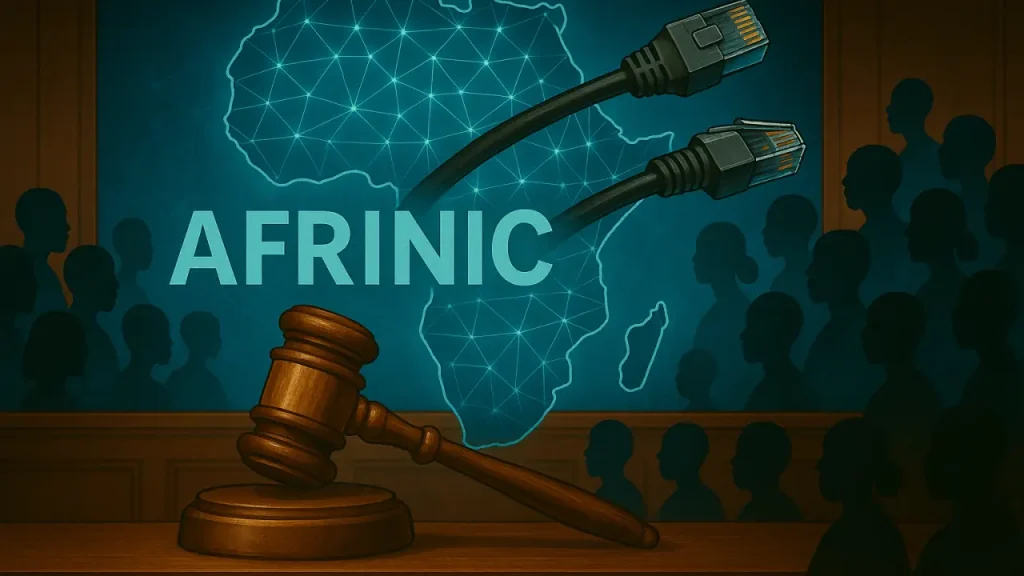- Limiting new members’ voting rights narrows representation and affects election outcomes
- Governance experts warn that unclear rules may erode transparency and regional confidence
Impact on elections
When new members of AFRINIC are barred from voting, they lose the ability to participate in decisions that shape the organisation’s leadership and policies. AFRINIC’s voting members are typically network operators and service providers that manage IP address allocations across Africa. These members play a crucial role in electing board representatives and influencing how internet resources are distributed.
Excluding newly admitted members can significantly affect representation and fairness in the election process. It means that only long-established organisations can influence key decisions, reducing diversity within the electorate. In practical terms, it can also impact whether an election meets quorum requirements, sometimes leading to delays or disputes over legitimacy.
Also read: AFRINIC’s hidden scandal: How legal fees exposed a culture of corruption
Also read: Proxy voting reforms for AFRINIC: What a fair model should look like
Broader governance implications
Voting rights are central to the credibility of any membership-based governance system. When new members are prevented from voting, it raises questions about equality and inclusiveness in AFRINIC’s decision-making process. Transparency and fairness are vital for maintaining confidence among stakeholders who rely on the registry to manage Africa’s internet resources.
Such restrictions may also discourage new entrants from joining the organisation, particularly those in emerging digital markets. As Africa’s internet ecosystem continues to expand, ensuring that all eligible members have a voice is essential for balanced governance and sustainable development. Open participation helps preserve trust in AFRINIC’s processes and ensures that internet policy decisions reflect the needs of the entire region.

